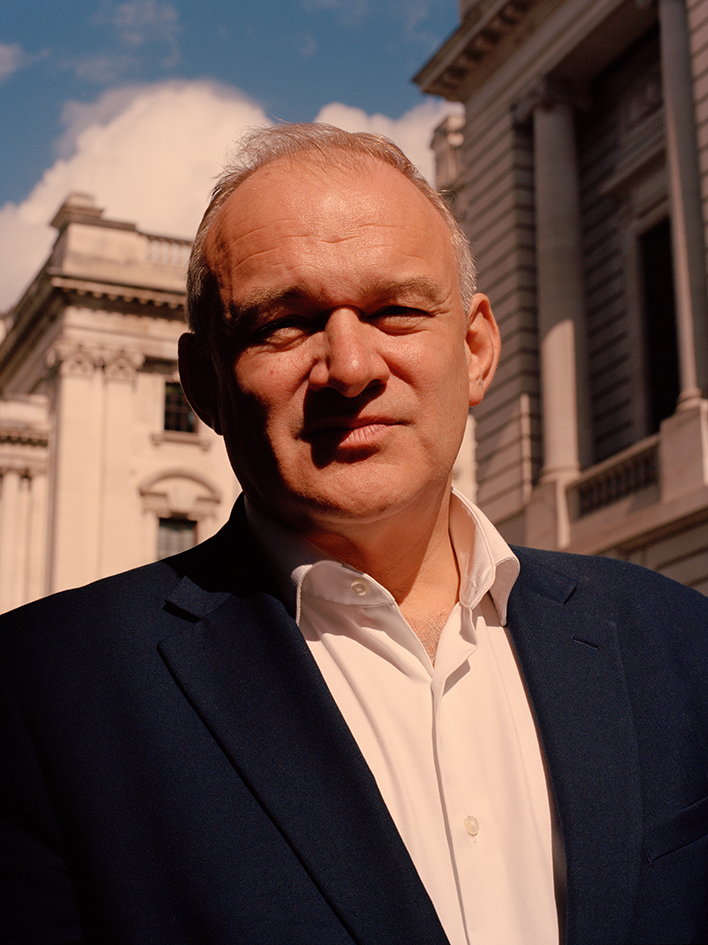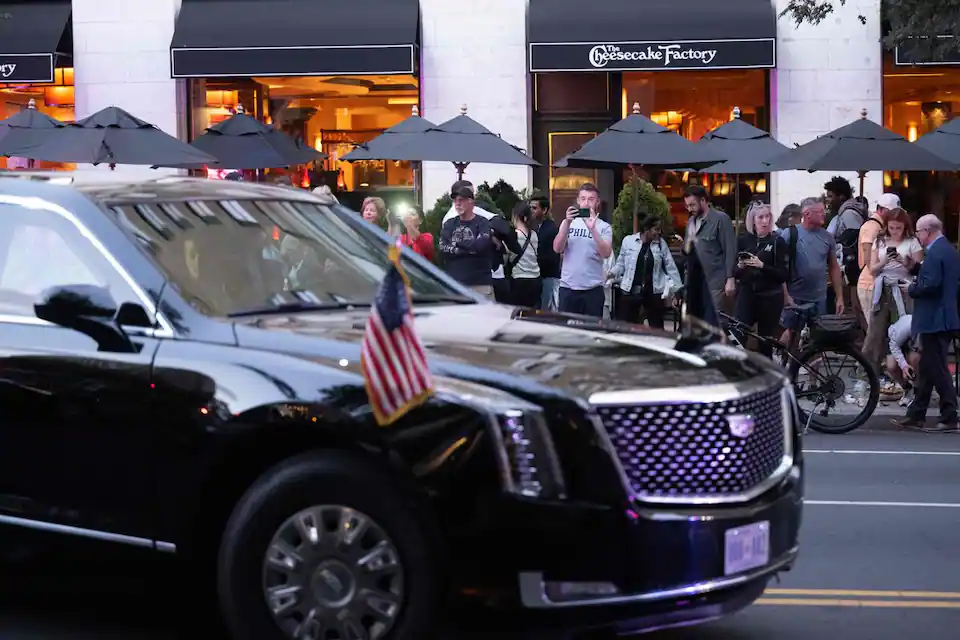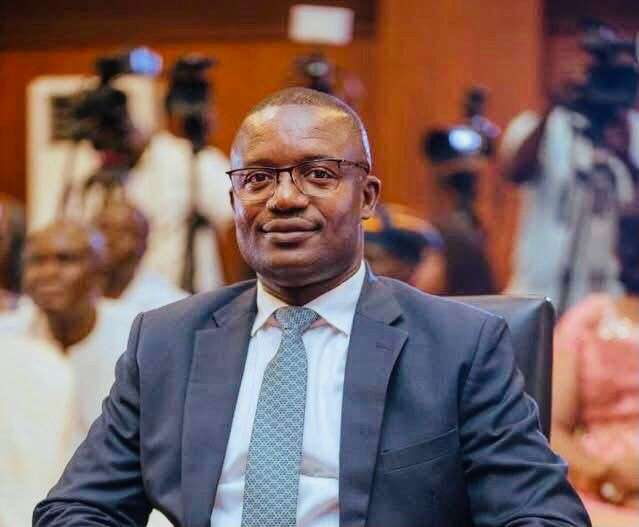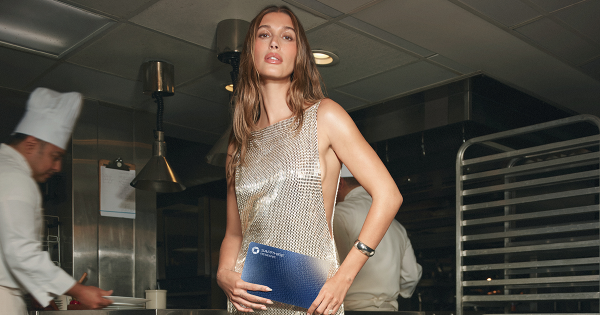By George Eaton
Copyright newstatesman

For the Liberal Democrats, success has had a strange consequence: obscurity. They now have more MPs (72) than any third party since the time of Herbert Asquith in 1923 yet struggle for attention; a recent YouGov poll found that just 37 per cent of voters recognise Ed Davey. Over the summer recess, insurgent forces – Reform, the Greens, even “Your Party” – relegated them down the news agenda.
Put this analysis to Davey – as I did when we met in Westminster ahead of the Lib Dems’ annual conference – and he does not dispute it. “I think we’ve got a distinctive message and I’m surprised people don’t want to cover it, because it is a message of change on issues that really matter”.
Davey attributes much blame to the BBC, which the Lib Dems label a “Nigel Farage news wire” (the Reform leader, they found, accounted for 60 per cent of references to opposition leaders on the broadcaster’s website). “I’ve lost count of the number of BBC employees who have told our team they’d like to sign our petition but that it wouldn’t be good for their careers,” Davey revealed.
Yet some of his MPs are losing patience – a recurrent private complaint is that the party is failing to “cut through”. In a rebuke to the leadership, Davey’s parliamentary private secretary, Anna Sabine, was defeated by 44 votes to 27in a recent election for chair of the parliamentary party. The winner, North Norfolk MP Steff Aquarone, spoke of the need for MPs to feel “valued, consulted and communicated with”.
Faced with what one Lib Dem source pragmatically describes as “growing pains”, Davey insisted that he leads the “most united” party in parliament. “There are maybe one or two noises off but I think people liked what we said on the Trump state banquet [that Davey boycotted], and they realise that we’ve been the leading voice holding the government to account on Gaza.”
When I interviewed Davey before the last general election he spoke with warmth of Starmer as “quite a courteous man” and “a decent guy” (the pair bonded over dinner at the home of a mutual legal friend in 2023). Yet the Lib Dem leader is now withering in his assessment of his fellow knight.
“Starmer came into government with a Ming vase strategy, he didn’t have a vision,” Davey remarked. “We wondered whether he would present one and we’re still waiting. On some of the big issues that I’ve talked about – social care, Europe – it’s beyond timid and beyond slow.” Davey was stunned when Starmer failed to sack Peter Mandelson as US ambassador before Prime Minister’s Questions on 10 September, having prepared a question for that eventuality.
But the Lib Dem leader is also determined to uphold an early promise to be a “better opposition” than the Tories. When Angela Rayner was first under pressure over her tax affairs, Davey, as the fellow parent of a disabled child, offered sympathy rather than condemnation. “I know the thing my wife and I worry most about is our son’s care after we have gone, so I can completely understand and trust that the deputy prime minister was thinking about the same thing here,” he said. Lib Dem sources say that this response attracted more favourable feedback from voters than anything else Davey has done since the election.
In a volatile landscape, the Lib Dems believe that they can thrive by holding the centre. “We’ve seen the Tories chase Reform to the right, the Labour Party failing, the Greens going to the left,” said Davey. “There’s just this massive space, call it ‘Middle Britain’: decent people who think Labour haven’t provided change but who are deeply worried about Reform.”
Unlike in the Blair years, when the Lib Dems championed a 50p income tax rate on earnings above £100,000 and the abolition of university tuition fees, strategists are wary of simply outflanking Labour from the left. The party, for instance, opposes higher taxes on private schools and large family farms. Their new base is the formerly Conservative “Blue Wall” and 26 of their 30 notional target seats are Tory-held.
“I’m slightly obsessed by those Conservatives who feel politically homeless; I meet so many of them,” said Davey. “We are literally the only party who can persuade those voters.” His aides are fond of quoting John Major’s tribute to an England of cricket grounds and warm beer.
The Lib Dems may be obscure but they could yet prove pivotal: should the next election result in a hung parliament they could, for the first time since 2010, hold the balance of power. But Davey disdains such projections: “I’ve looked at my predecessors who thought about the day after the next election all the time and ended up spending less time worrying about how to gain seats.”
More than any other party, the Lib Dems are scarred by fatal ambition. In 1981, David Steel told activists to “go back to your constituencies and prepare for government”. The SDP/Liberal alliance would win just 23 MPs two years later. In 2017, Jo Swinson boasted that she could become prime minister (and promptly lost her seat to the SNP).
Rather than such hares – destined to be lapped before the race is over – Davey’s strategy resembles that of a patient tortoise: “No ceiling, but let’s not get away with hubris either.”
[See also: The Mandelson debate was an embarrassment for Keir Starmer]



